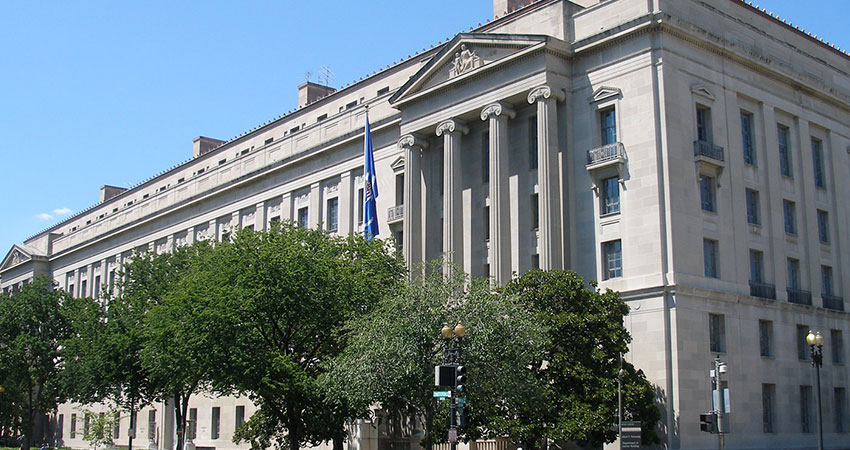The U.S. Department of Justice, joined by attorneys general from 11 states, has filed an antitrust lawsuit against Google alleging it used its market power to thwart competition in search and advertising, setting up a battle on the level of the 1990s federal action against Microsoft.
The lawsuit states that Google did so through several exclusive contracts and partnerships, according to the New York Times. Among other things, it takes aim at Google’s lead position in search on millions of devices, including through revenue-sharing agreements with smartphone manufacturers that embed its browser and lock out competitors.
States joining the federal lawsuit include Arkansas, Florida, Georgia, Indiana, Kentucky, Louisiana, Mississippi, Missouri, Montana, South Carolina and Texas, with more expected to take part.
The action is being brought under section two of the Sherman Antitrust Act, alleging Google’s illegal monopolies included markets for “general search services, search advertising and general search text advertising,” CNBC reported, citing the lawsuit. The lawsuit further states Google has maintained its monopoly through “anticompetitive and exclusionary practices.”
Google and other tech giants including Amazon, Facebook and Apple, have been in the investigative crosshairs of the federal government for some time for their market practices and alleged anticompetitive practices. The CEOs of all four companies were grilled by a Congressional panel this summer, all probing whether antitrust violations existed.
A 2013 probe by the Federal Trade Commission against Google for its search practices ended with no action taken against the tech giant. And last year the European Union leveled $9 billion in fines against Google in three separate antitrust cases, which the company is appealing.
A little over a year ago, FTC investigators began interviewing merchants that sell on Amazon’s third-party marketplace in an attempt to ascertain if the ecommerce giant was using anti-competitive practices.
Earlier this month, in the run-up to the first-ever fall version of Prime Day, Amazon was accused of wielding its market dominance like a weapon against competitors in a report from a House antitrust subcommittee, a charge it vehemently denied.

